1. Overpricing the Property
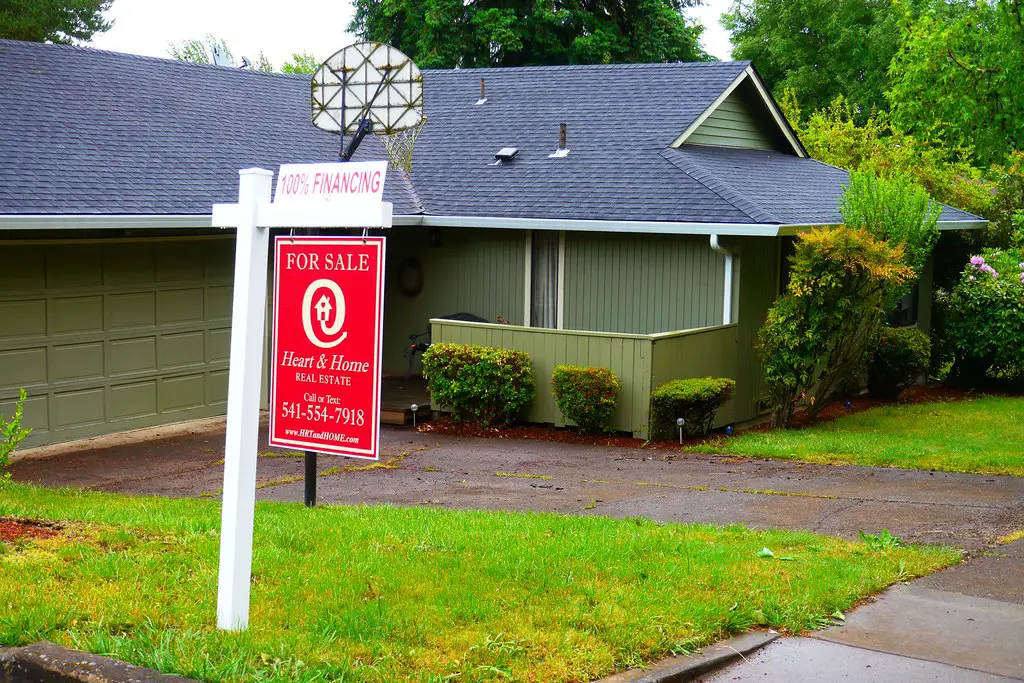
Setting an unrealistically high price is a surefire way to scare off potential buyers. Many sellers think they can negotiate down, but overpriced homes often sit on the market too long, leading to price reductions and missed opportunities.
2. Neglecting Curb Appeal
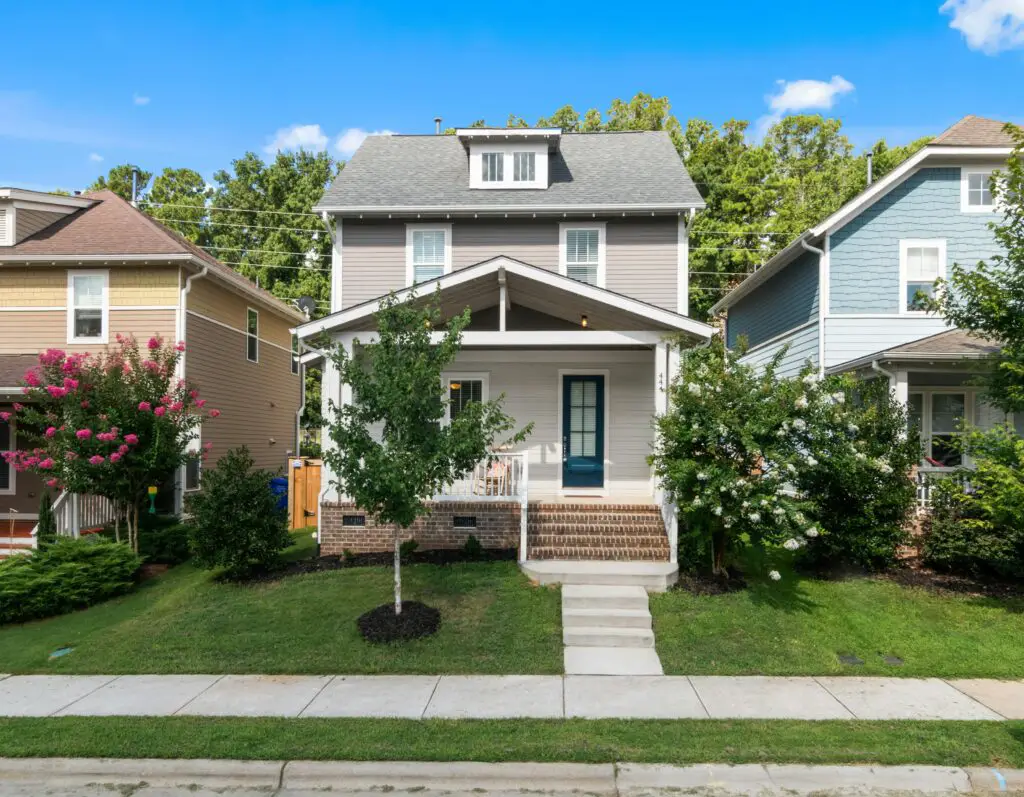
The outside of your home is the first thing buyers see. Failing to mow the lawn, trim bushes, or fix peeling paint can leave a negative first impression, even before they step inside.
3. Not Decluttering

A cluttered home feels smaller and more chaotic. Sellers often overlook the importance of removing personal items and excess furniture to help buyers envision the space as their own.
4. Skipping Necessary Repairs
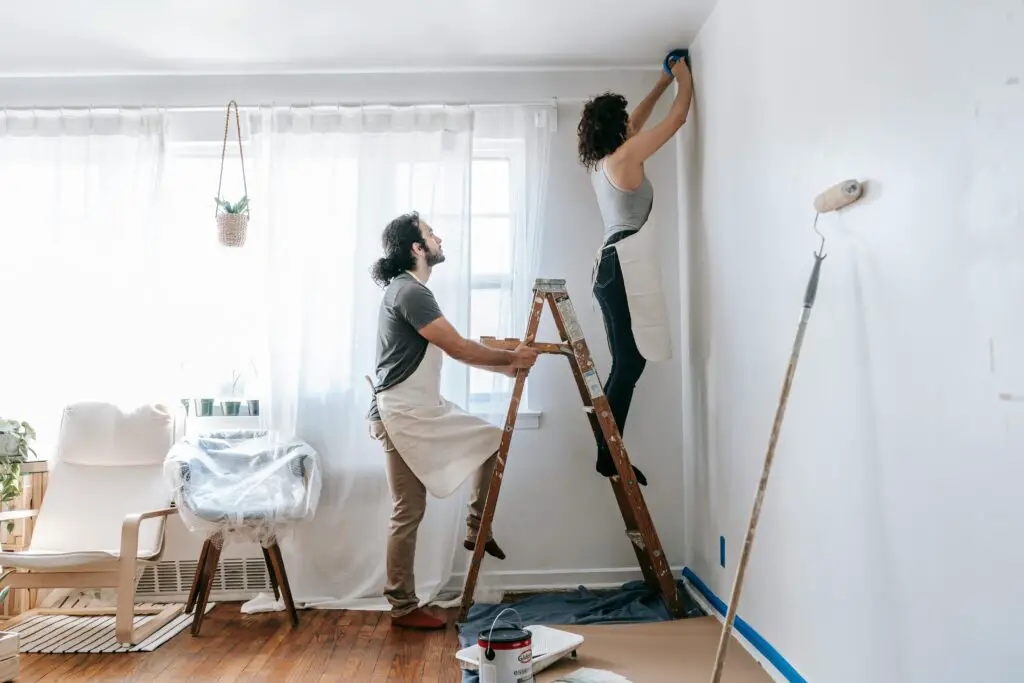
Minor issues like dripping faucets, squeaky doors, or cracked tiles can signal neglect to buyers. Investing in small repairs can make your home appear well-maintained and move-in ready.
5. Using Overly Bold Colors

Bright or unusual wall colors may reflect your personality, but they might alienate buyers. Neutral tones help create a blank canvas, appealing to a wider range of tastes.
6. Ignoring the Power of Staging
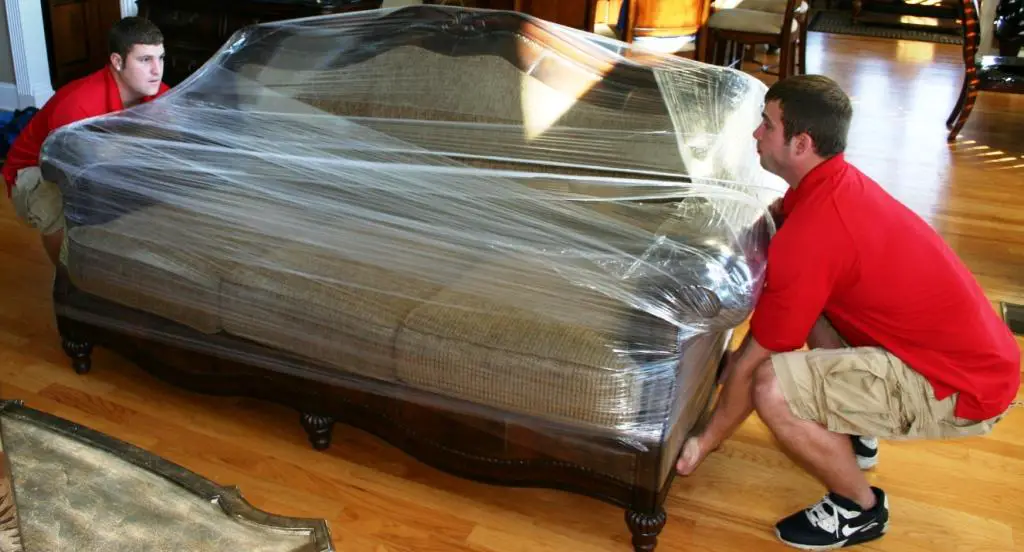
Failing to stage your home can cost you potential offers. Staged homes often sell faster and for higher prices because they highlight the home’s best features and create a welcoming atmosphere.
7. Poor Listing Photos
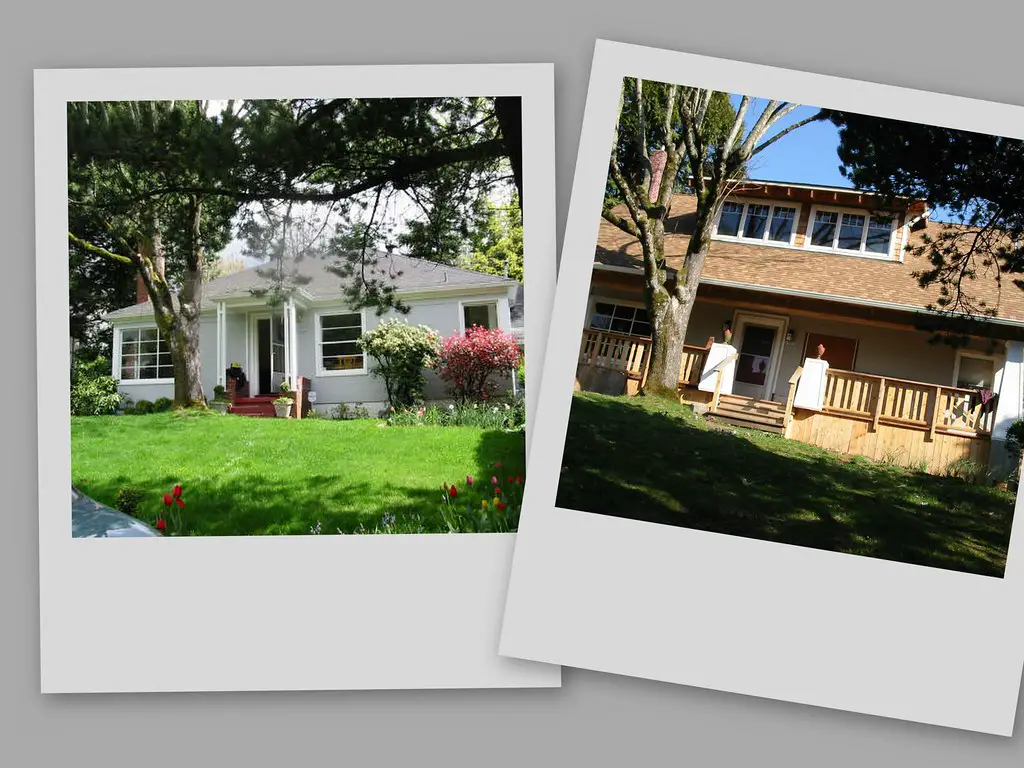
Dark, blurry, or poorly composed photos can turn buyers away before they even visit. Professional photography is a worthwhile investment to showcase your home in its best light online.
8. Restricting Showing Times

Limited availability for showings frustrates potential buyers and could lead them to move on to other properties. Flexible scheduling is crucial to accommodate a variety of prospects.
9. Overlooking Market Trends

Not understanding local real estate trends can lead to poor timing or strategy. Consulting a real estate agent helps ensure your home is priced competitively and marketed effectively.
10. Failing to Depersonalize

Family photos, awards, or bold decor can distract buyers. Creating a more neutral environment helps them focus on the home itself rather than the current occupants.
11. Pricing Without Comparative Research
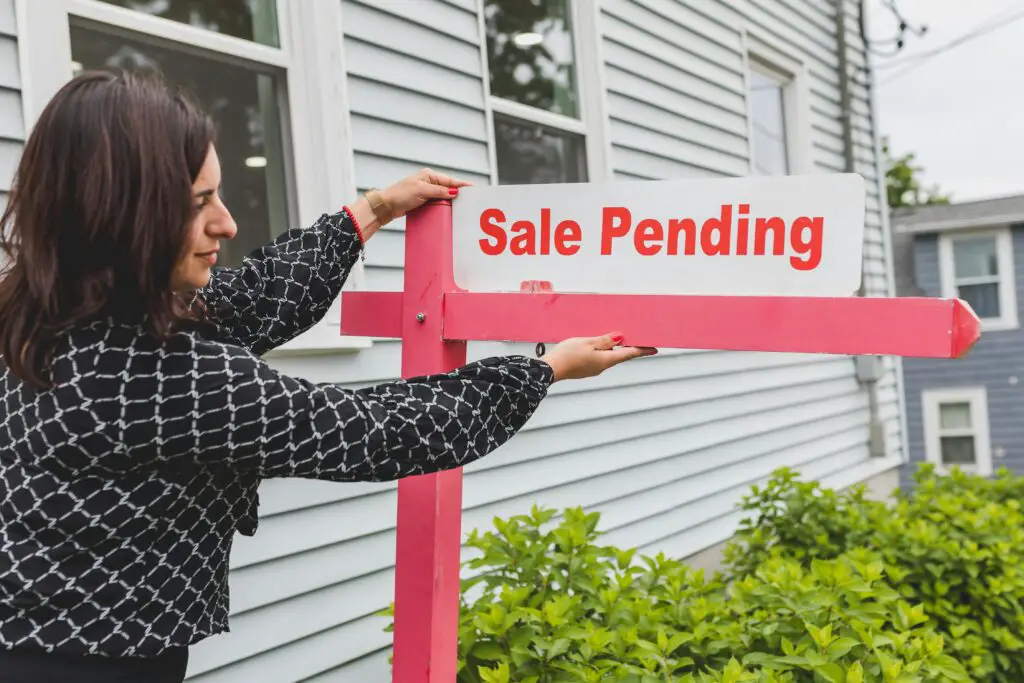
Sellers who don’t look at comparable properties in their area risk mispricing. Overpricing can turn buyers away, while underpricing can leave money on the table.
12. Neglecting the Importance of Lighting
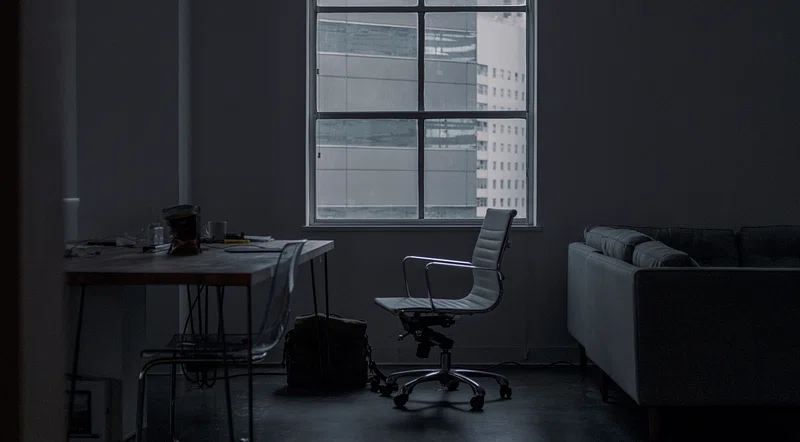
A dark, dimly lit home feels uninviting. Open the curtains, add lamps, or upgrade light fixtures to create a bright, welcoming space for showings.
13. Being Too Emotionally Attached

Sellers often overvalue their homes because of personal memories. Viewing the property as a product rather than a beloved space helps you make rational decisions during negotiations.
14. Hiring the Wrong Real Estate Agent
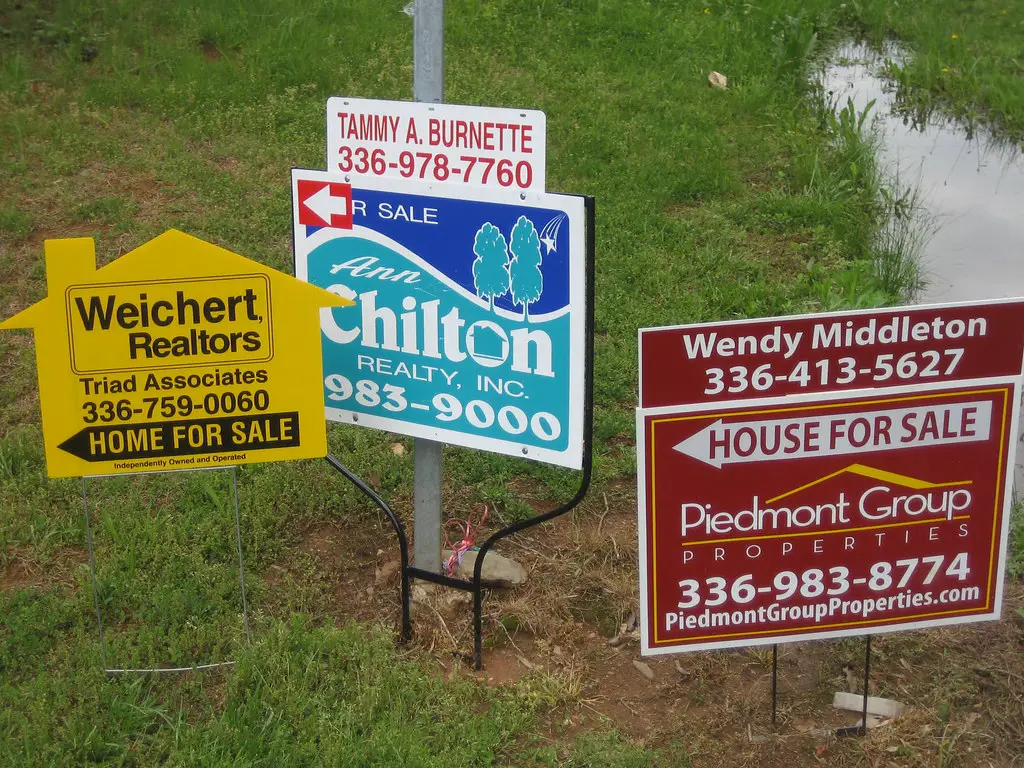
An inexperienced or unmotivated agent can hinder your sale. Research and choose a reputable agent with a proven track record in your area.
15. Not Being Prepared for Negotiations

Some sellers take offers personally or are unwilling to negotiate. Staying flexible and open to counteroffers can help close the deal faster and on better terms.
Takeaway: Selling your home is a major undertaking, but avoiding these common mistakes can lead to a smoother process and a more successful outcome. Proper preparation and a professional approach make all the difference.
